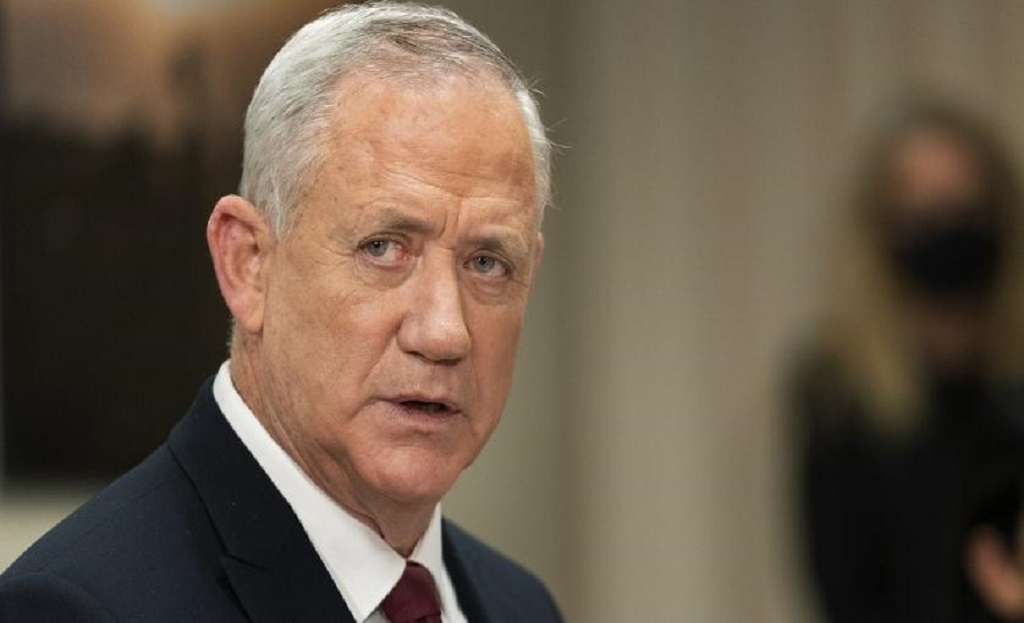Israel’s war minister says that an attack on Iran is not out of the question if necessary.
Analysis:
Faraan: While Gantz has repeated the repetitive cliché of attacking Iran for forty years, he and all those familiar with Israel’s issues are well aware that such threats have never exceeded the level of words and never will. This kind of literature has only been employed for electoral use and will probably show its effect in the next three months of Israel’s elections.
Gantz has also repeatedly expressed his concern about Iran’s acquisition of nuclear weapons and has said that the new agreement between Iran and the West has many problems and so-called pot holes. Obviously, the most important achievement of the possible nuclear agreement is that, contrary to the expectations of Israel and the West, in this agreement, there is no mention of Iran’s missile power or regional authority, and this means that Israel is surrounded by the axis of resistance from all sides. And in every way, it is under constant monitoring and fully accessible to this axis. Another meaning is that the smallest wrong move will be met with a resounding response.
Both the regime and the whole world acknowledge that Iran and the axis of resistance have the upper hand over Israel in the field and operations. Based on this, perhaps the annoyance of the Israeli authorities, which is repeated in the words of people like Gantz from time to time, is directed at the disobedience of the countries Israel is a party to the JCPOA. The meeting between Macron and Lapid was held with the aim of appeasing Israel, and for this reason, Macron’s ears have given the regime’s prime minister the opportunity to hear Lapid’s baseless statement that: “We are against returning to the JCPOA, and if there is any resulting agreement, we shall not be committed to it!”
Today, the spokesman of the Iranian Foreign Ministry accused the US of delay in responding to Iran’s proposals regarding the JCPOA. It seems that one of the reasons for this delay is in gaining the satisfaction of the Zionists, who basically consider themselves to be influential in the US foreign policy apparatus. Although the JCPOA’s duty in both cases is completely clear from Iran’s side, but it seems that in both cases, what is causing Israel’s pain is the axis of resistance against this regime and its strict control over all Israeli affairs.










